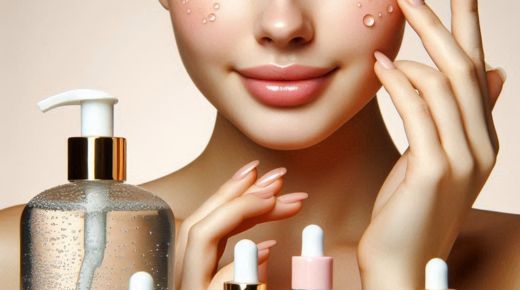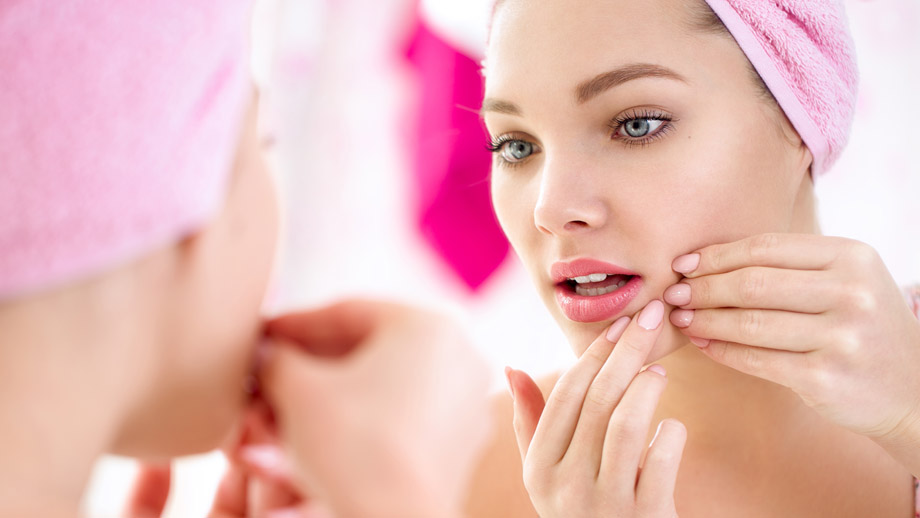Hyperpigmentation, the darkening of the skin caused by an overproduction of melanin, can appear in the form of dark spots, patches, or uneven skin tone. It is often triggered by factors like sun exposure, hormonal changes, acne scars, and inflammation. While hyperpigmentation is generally harmless, many people seek treatment to achieve a more even and radiant complexion. Thankfully, with the right skincare routine and preventive measures, you can reduce the appearance of hyperpigmentation and prevent it from worsening. Here’s how to effectively treat and prevent hyperpigmentation for clear, even-toned skin.
1. Sunscreen is Essential
Sun exposure is one of the leading causes of hyperpigmentation, as UV rays stimulate melanin production, making dark spots more pronounced. Wearing broad-spectrum sunscreen with at least SPF 30 is crucial to both treating and preventing hyperpigmentation. Sunscreen should be applied daily, even on cloudy days or indoors, as UV rays can penetrate windows.
For those already dealing with hyperpigmentation, using sunscreen prevents existing dark spots from getting darker and helps fade them over time. Make sure to reapply every two hours if you’re outside for extended periods.
2. Incorporate Vitamin C
Vitamin C is a powerful antioxidant that can help reduce hyperpigmentation by inhibiting the enzyme responsible for melanin production. When used consistently, vitamin C brightens the skin and helps fade dark spots, leading to a more even complexion. Look for a vitamin C serum with L-ascorbic acid, the most potent form of the ingredient.
Applying vitamin C in the morning before sunscreen enhances the skin’s defense against environmental damage while promoting a brighter, clearer skin tone.
3. Use Retinoids for Skin Cell Turnover
Retinoids, derived from vitamin A, are highly effective for treating hyperpigmentation because they increase skin cell turnover. By accelerating the shedding of dead skin cells and promoting the growth of new, healthy cells, retinoids help fade dark spots and even out skin tone.
Retinoids also boost collagen production, which improves skin texture and reduces the appearance of fine lines and wrinkles. Start with a low-strength retinol face cream or serum if you’re new to retinoids and use it at night, as retinoids can make the skin more sensitive to sunlight. Always apply sunscreen during the day when using retinoids.
4. Try Chemical Exfoliants
Exfoliation is key to treating hyperpigmentation, as it helps remove the top layer of dead skin cells where dark spots reside. Chemical exfoliants like alpha-hydroxy acids (AHAs) and beta-hydroxy acids (BHAs) are particularly effective. AHAs, such as glycolic acid and lactic acid, work by dissolving dead skin cells on the surface, while BHAs, like salicylic acid, penetrate deeper into the pores to remove excess oil and debris.
Using a chemical exfoliant 2-3 times a week encourages cell turnover and gradually fades dark spots. Be sure to moisturize afterward to maintain your skin’s hydration levels.
5. Incorporate Niacinamide
Niacinamide, also known as vitamin B3, is another powerful ingredient for reducing hyperpigmentation. It works by inhibiting the transfer of melanin to skin cells, preventing the formation of new dark spots. Niacinamide also has anti-inflammatory properties, making it ideal for those with sensitive or acne-prone skin.
In addition to fading dark spots, niacinamide helps strengthen the skin’s barrier, reduces redness, and improves overall skin texture.
6. Spot Treatments with Hydroquinone
For more stubborn hyperpigmentation, hydroquinone is a well-known ingredient used to lighten dark spots. It works by inhibiting melanin production and is available in both over-the-counter and prescription-strength formulas. Hydroquinone can be highly effective but should be used with caution, as it may cause irritation or sensitivity in some people.
It’s best to use hydroquinone as a spot treatment and pair it with sunscreen and a gentle moisturizer to avoid further irritation.
7. Laser and Chemical Peels for Severe Cases
For more severe hyperpigmentation, professional treatments like laser therapy and chemical peels can offer more dramatic results. Laser treatments target pigmented cells in the skin, breaking them down and promoting new cell growth. Chemical peels involve applying a chemical solution to the skin to exfoliate its outer layer, revealing fresh, even-toned skin underneath. You can see Brightening cleanser for dark spots and hyperpigmentation.
Both treatments should be performed by a licensed dermatologist and may require multiple sessions for optimal results.
8. Avoid Picking or Scratching
Hyperpigmentation often worsens when the skin is inflamed or irritated. Avoid picking at acne, blemishes, or scabs, as this can cause post-inflammatory hyperpigmentation, leading to long-lasting dark spots. Keeping your hands off your face and treating acne promptly can prevent new pigmentation from forming.
Treating and preventing hyperpigmentation requires a combination of sun protection, active ingredients, and consistency. Incorporating sunscreen, vitamin C, retinoids, and chemical exfoliants into your skincare routine can help fade existing dark spots and prevent new ones from forming. For more severe cases, professional treatments like lasers or chemical peels may be necessary. With time, patience, and the right products, you can achieve a clear, even skin tone and enjoy healthier, glowing skin.





